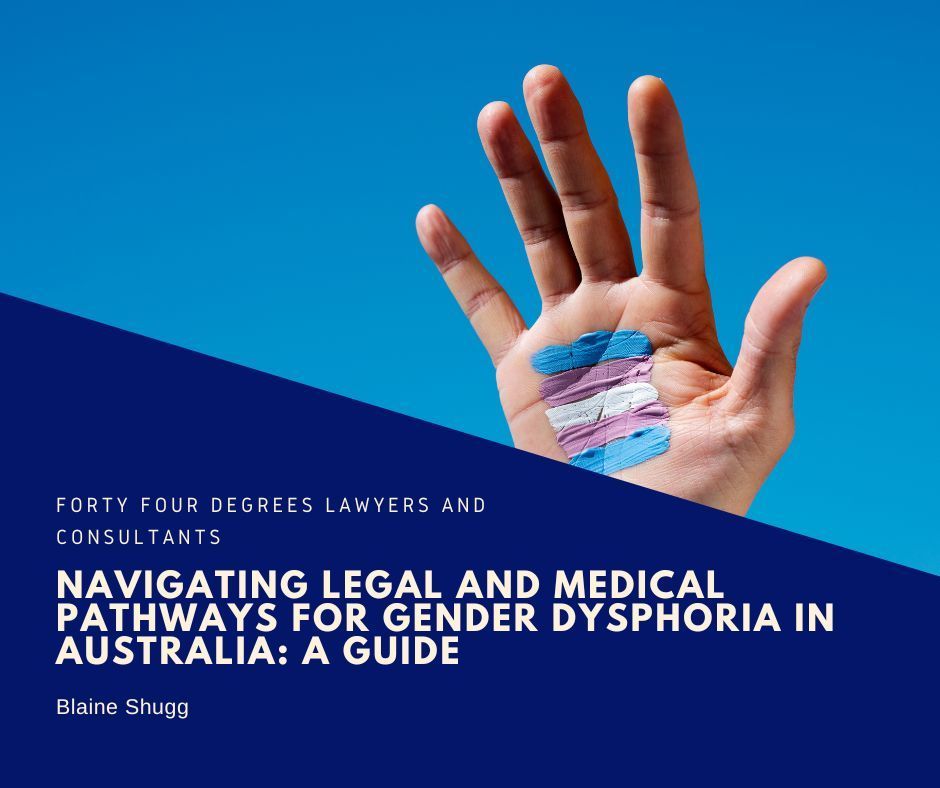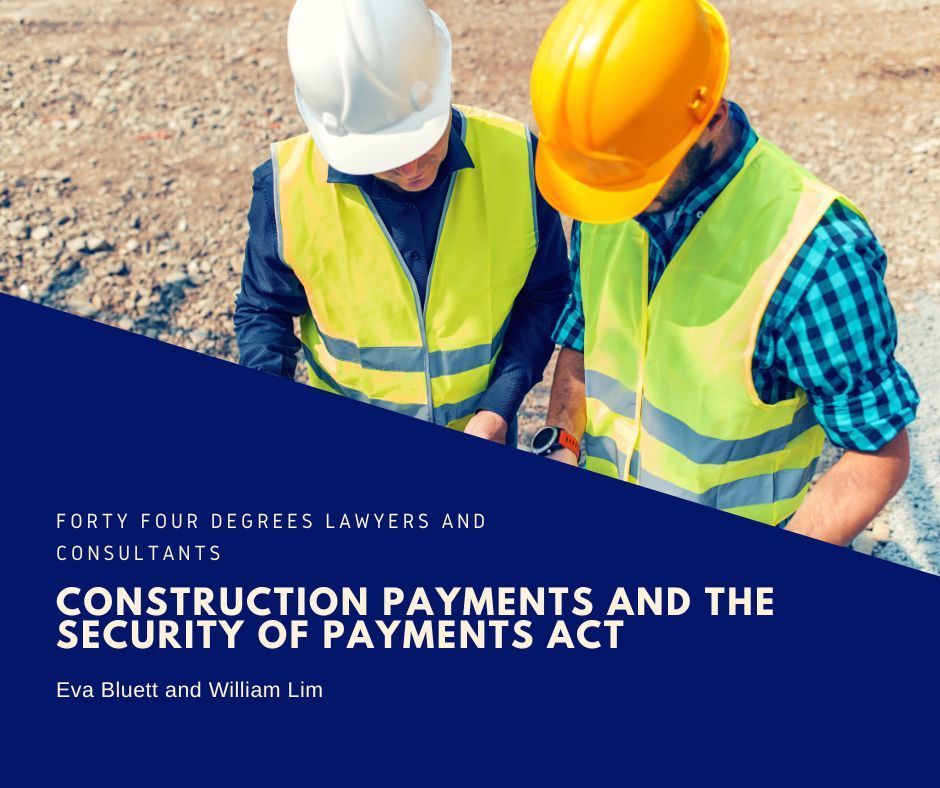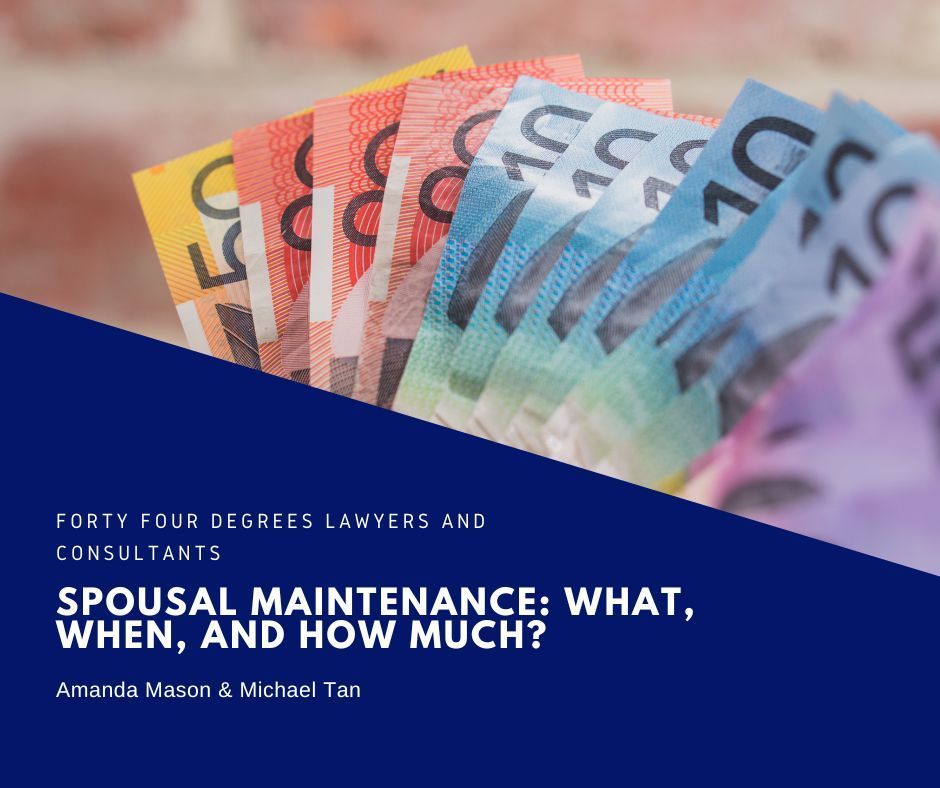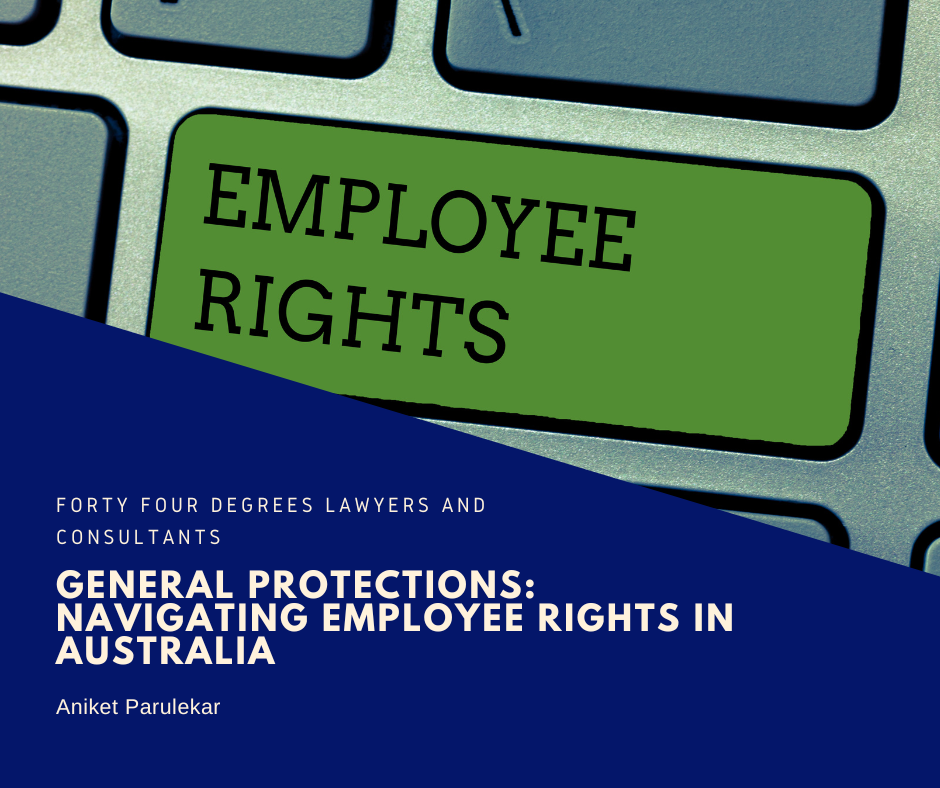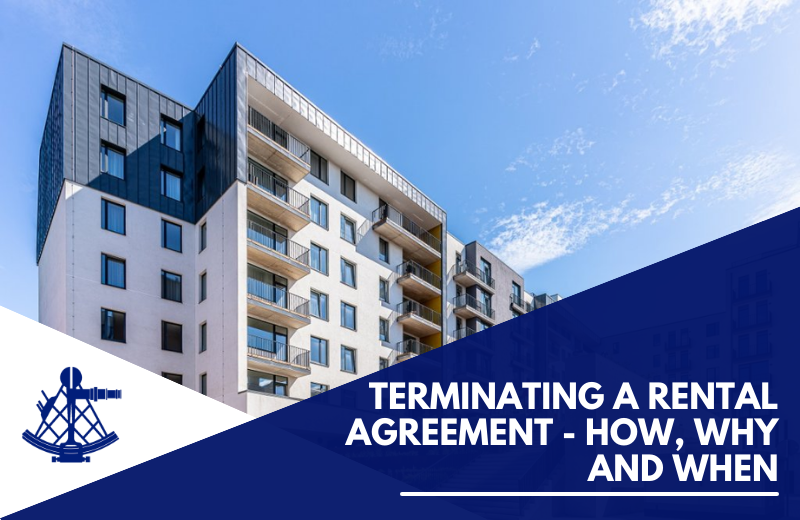Family Law: Priority for Property Pools under $500,000
Nick Tzimourtas • Feb 13, 2020
Update for Family Law Matters

Whilst the first Family Court practice direction of 2020 simply repeated and highlighted a range of principles which had already been establish in previous legislation (such as the Family Law Act 1975, Family Law Rules 2004 and Federal Circuit Court Rules 2001), the second practice direction of 2020 may be a game changer.
The second practice direction of the Family Court has been made in an effort to further streamline family law matters and ease the flow of matters in the Federal Circuit Court of Australia. Just as the introduction of the Federal Circuit Court was revolutionary in easing the load of overflowing contentious matters in the Family Court, the introduction of the Priority Property Pool under $500,000 Cases (“PPP500 Cases”) list hopes to further hasten matters of which the total property/asset pool of a family law matter is under $500,000 (as the name would suggest).
In providing people with a separate list which caters to the requirements and needs of matters meeting this standard, people will hopefully be provided a faster, more equitable and just outcome.
Ultimately, this priority list will aid parties in identifying and narrowing the issues in dispute and assisting the parties to undertake:
o Alternative Dispute Resolution (ADR) at the earliest opportunity; and
o In the event ADR is unsuccessful, providing the parties an opportunity for a less adversarial trial or a hearing on the papers.
Conditions to establish your matter as a PPP500 case
For a matter to be heard as a PPP500 case in the Federal Circuit Court, the following requirements are to have been met:
1. The Family Law Initiating Application is to be filed after 1 March 2020 in one of the jurisdictions of Brisbane, Parramatta, Adelaide or Melbourne. The Family Law Initiating Application must also invoke the jurisdiction of the Federal Circuit Court of pursuant to the Family Law Act.
2. The value of the net property of the parties and inclusive of the superannuation interests is under $500,000; and
3. There are no entities in the effective control of either party, such as a family trust, company, or SMSF, that will require a further valuation or expert report; or
4. The Court makes a declaration or notation that the case is designated as a PPP500 case.
The following cases cannot be designated as PPP500 cases:
a. cases where parenting orders are sought;
b. cases where parenting and financial orders are sought together;
c. Child support cases;
d. Child maintenance cases;
e. Contravention applications; and
f. Enforcement applications.
Initiating a PPP500 matter
Approaching your lawyer to initiate a PPP500 matter should definitely be your prerogative if you meet the above criteria. In the preparation of a PPP5000 matter, certain elements of the Federal Circuit Court Rules are partially suspended. In particular, the requirement to file an Affidavit and Financial Statement is waived until:
1. The Court directs a party to file an Affidavit or Financial Statement; or
2. ADR fails and directions requiring the filing of an Affidavit and Financial Statement are made for trial.
If the net property of the parties including any superannuation interests is under the sum of $500,000, then the party wishing to initiate proceedings is to file an Initiating Application (Family Law), and a PPP500 Financial Summary. It is then at the discretion of the Court to determine whether a matter be listed as a PPP500 case. It should also be noted that even if a party does not indicate that a matter is to be listed as a PPP500 case, the Court may still list the matter as such if the circumstances meet the criteria as such.
The Court may also designate an existing matter listed as a PPP500 case, if the parties have not attended the first trial date yet. In this instance, a direction may be made by the Court for the parties to file a PPP500 Financial Summary, exchange financial documents, and any further matters of civil procedure.
This practice direction takes effect from the date that it is issued and, to the extent practicable, applies to all PPP500 cases filed on or after 1 March 2020.
Nick Tzimourtas practices family law, wills and estates, and criminal law matters at Forty Four Degrees and is able to assist clients in Melbourne CBD, and Dandenong CBD.
Contact Us
We’re an Australian Law Firm promoting a nuanced, personal touch. We have the skills you need to resolve your case quickly and with a positive outcome. Our straight talking team stays close to simplify what is most often a complicated process. We help individuals and businesses with technology and startup law, property law including conveyancing and leasing, commercial law, civil litigation, wills, estates, bankruptcy, insolvency, criminal law, and professionals facing investigations and charges from their regulatory body.
We have a connected network of talented lawyers in Melbourne CBD, Dandenong, Ballarat, and Ivanhoe East.
Fill out the form or call us on 1300 892 237.
Thank you for contacting us.
We will get back to you as soon as possible
We will get back to you as soon as possible
Oops, there was an error sending your message.
Please try again later or call us on 1300 892 237.
About Us
We do business your way.
203/ 50 Market St, Melbourne VIC 3000
50 Lydiard St South
Ballarat Central VIC 3350

